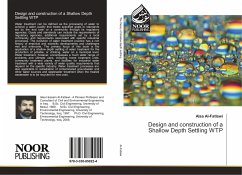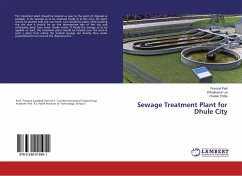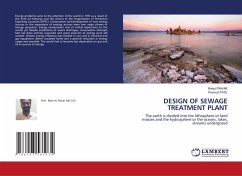Water treatment can be defined as the processing of water to achieve a water quality that meets specified goals or standards set by the end user or a community through its regulatory agencies. Goals and standards can include the requirements of regulatory agencies, additional requirements set by a local community, and requirements associated with specific industrial processes. The evolution of water treatment practice has a rich history of empirical and scientific developments and challenges met and overcome. The primary focus of this book is the application of a shallow depth settling of water treatment for the production of potable, or drinking, water on a municipal level. Water treatment, however, encompasses a much wider range of problems and ultimate uses, including home treatment units, community treatment plants, and facilities for industrial water treatment with a wide variety of water quality requirements that depend on the specific industry. Water treatment processes are also applicable to remediation of contaminated groundwater and other water sources and wastewater treatment when the treated wastewater is to be recycled for new uses.
Bitte wählen Sie Ihr Anliegen aus.
Rechnungen
Retourenschein anfordern
Bestellstatus
Storno








